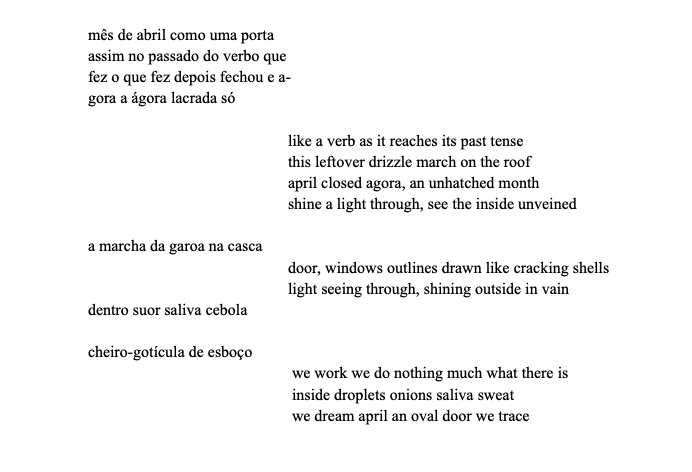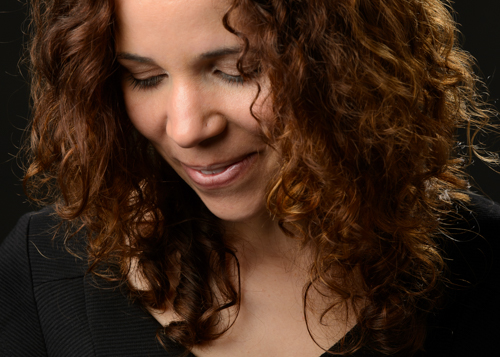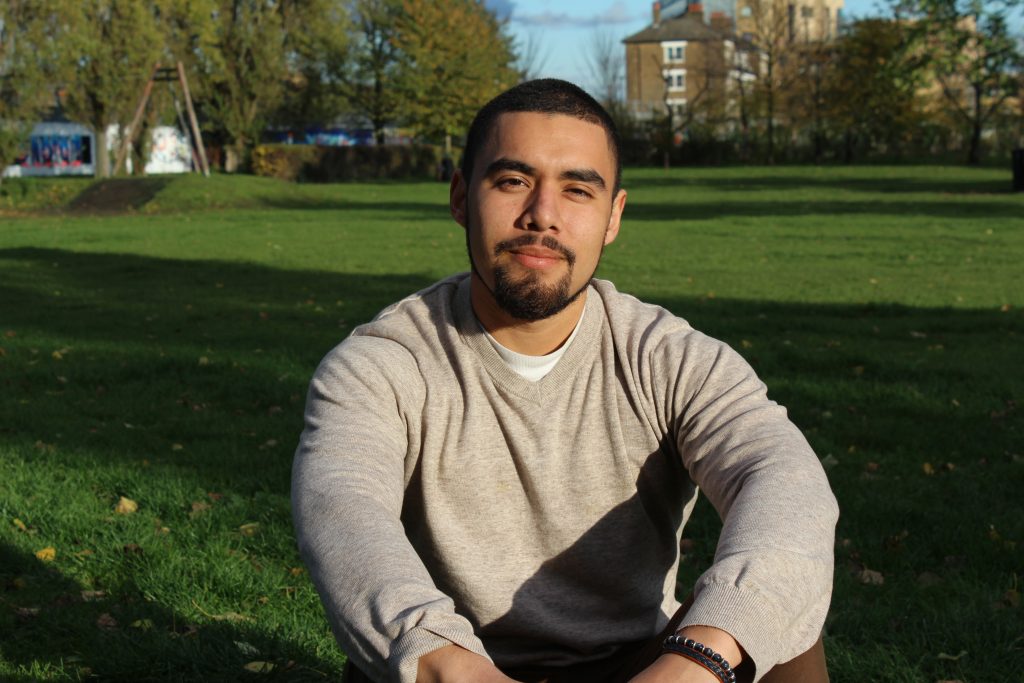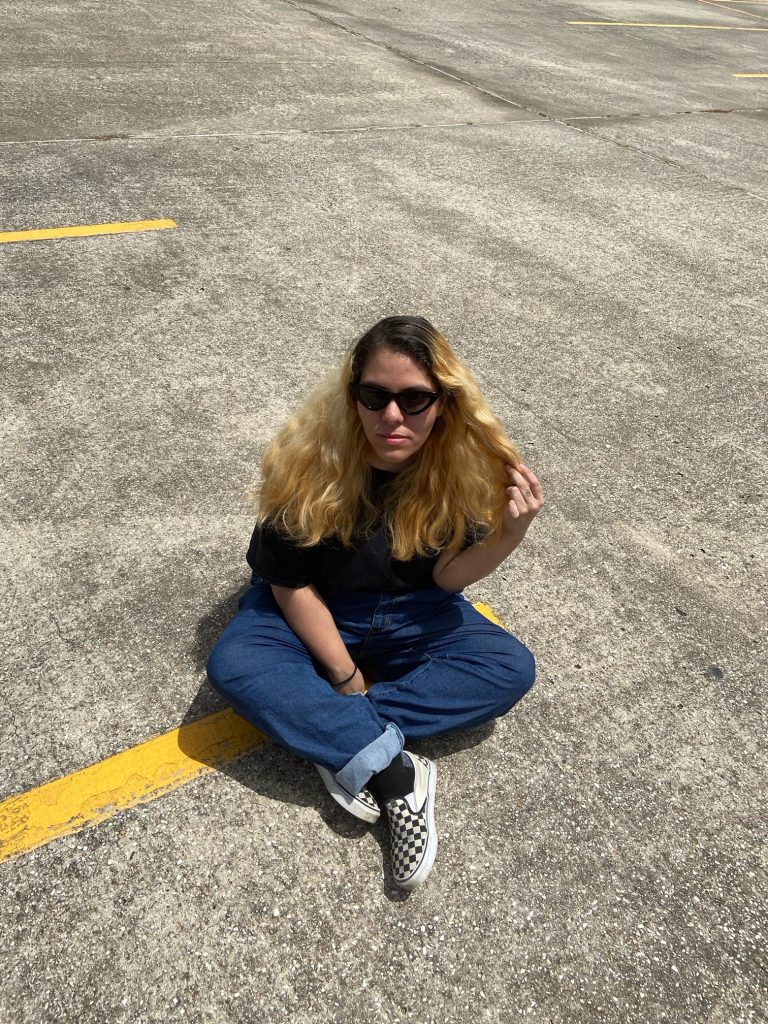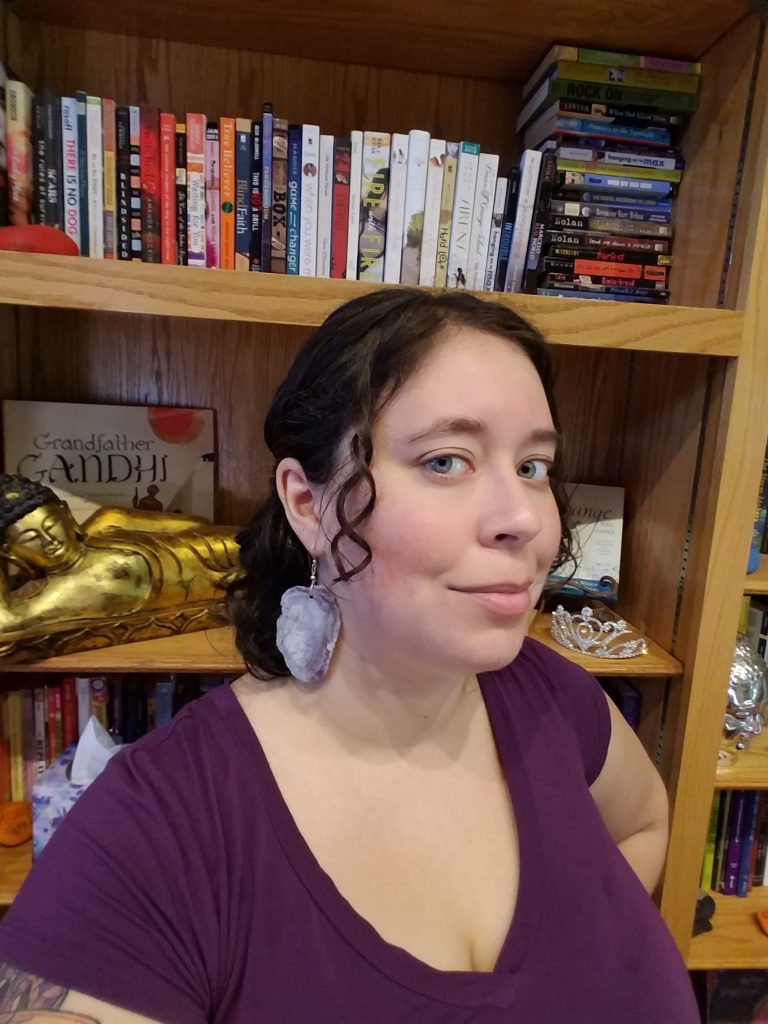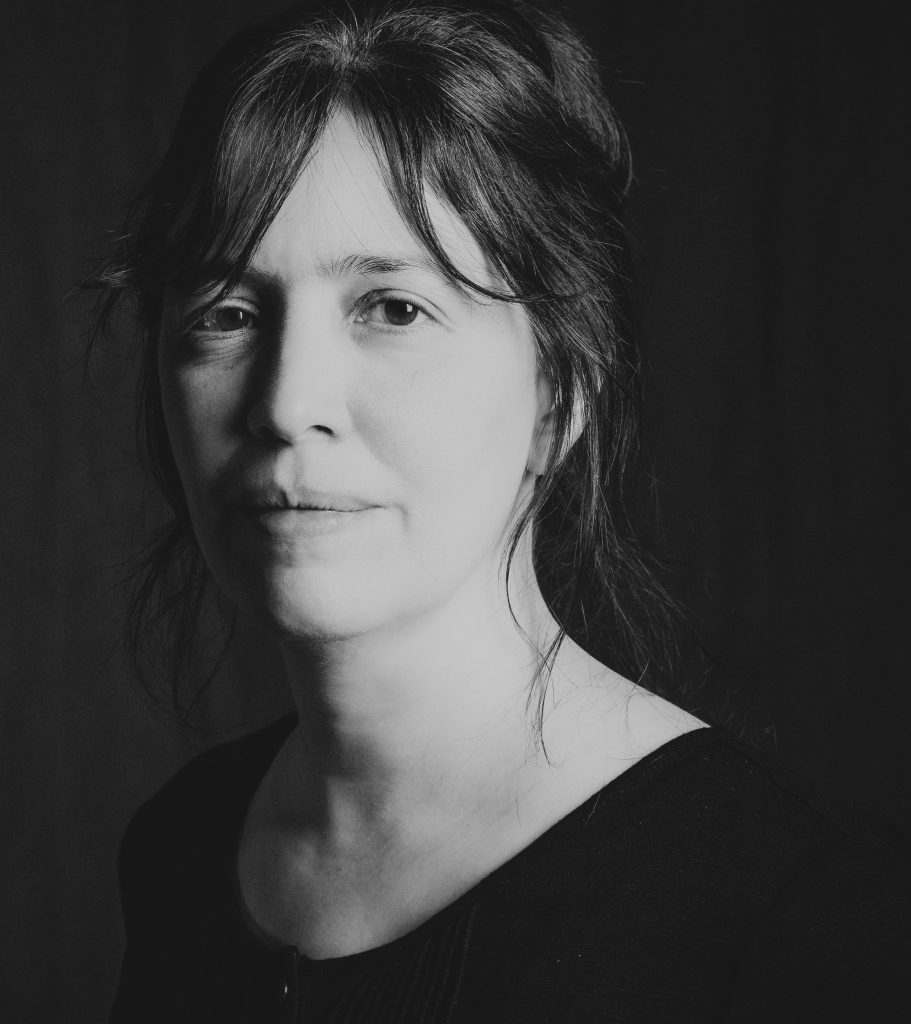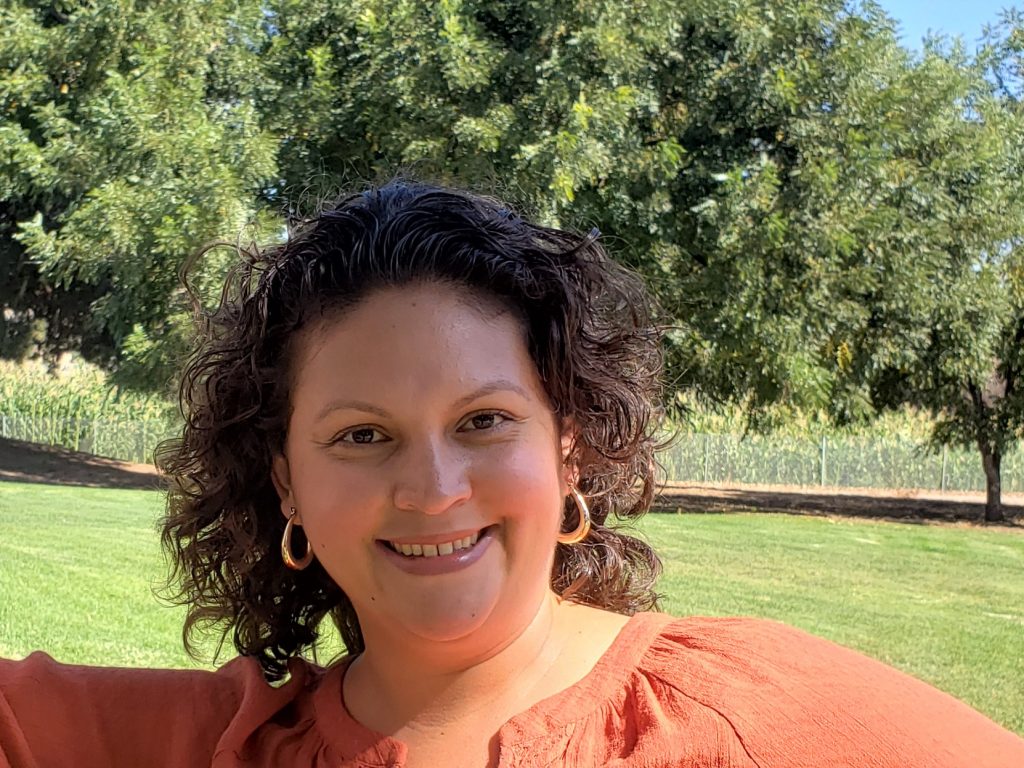By Désirée Zamorano
Norma Vasquez stepped out to her back yard, which stretched out into the hillside of Mount Washington. In the far corner was her tiny chicken coop where Rosie and Sarita occasionally graced her with fresh eggs. Next to the coop was the crate holding her new pet, an impossibly soft rabbit she had dubbed Missy. When she’d adopted Missy at the shelter she had been about to have her neutered, when the clerk told her the rabbit was pregnant. Now Missy had a litter of six; she nursed them twice a day and afterwards, in bunny fashion, fled to a corner away from them. Norma had painstakingly lined the crate with scraps of fabric and yarn, for her charges’ warmth and comfort. She peered in at the new lives as they slept, and looked forward to introducing the brood to her son tonight, after dinner.
Norma swept through her house picking up the detritus of her days and evenings during what had been a rather placid summer. Certainly compared to the spring sabbatical semester spent in Chiapas, revisiting her research on the consequences, political and social, of peasant movements. She would spend the summer writing, revising, editing.
She blasted Donizetti’s “Lucia de Lammermoor” through the house speakers, Lucia’s plight trailing her throughout as she sorted and stacked magazines, washed and put away dishes, threw abandoned articles of clothing in the hamper. By the beginning of the mad scene the house was organized and tidy and ready for her son Rafael’s visit.
In previous summers she had traveled with her son. Mexico City, Barcelona, Dublin, Paris. What a pleasure it was, what pride she took in being able to introduce him to the world, its museums, its music, its food!
But now, that Rafael had moved out two years ago, and begun his life on his own the rhythms of her summers were different. Perhaps that explained Missy.
An hour before her son was due to arrive she turned off the music and listened to the news as she sautéed the chicken thighs, peeled the potatoes to roast, readied the broccoli for steaming. Tarragon chicken was one of her son’s favorite dishes.
When would he sort things out? It weighed on her, preyed on her. What had she done wrong? Anita’s daughter, for example, had just been accepted to a doctorate program. Tina’s son had been cherry picked for a position in Silicon Valley. And her son?
A college drop out.
But still, her son.
She showered, changed, readied herself. She stretched her lashes with mascara, and attempted to disguise the gray at her hairline with strokes of the mascara wand. It clumped artlessly. She looked precisely like a woman who had attempted to paint her roots with a mascara wand. She shook her head, then slipped into the huipil she had bought in Tepoztlan del Valle, a light and soothing fabric delicately embroidered, perfect for her own shifting shape.
She sat reading the news on her tablet when she heard the rustle of Rafael unlocking her door.
“Hi, Mom,” he said, that twinkle behind his eyes as he leaned down to kiss her on the cheek, hugging her in that tender but awkward way her son’s affection had evolved into.
“Look what you brought me!” she said, impressed by the chilled bottle of white wine he handed her. It bore the label of the store where he bagged groceries. How many young people with his opportunities placed cans and vegetables and milk into reusable bags? She shook the thought out of her head. It was dignified, paid labor.
“Help yourself to a beer,” she said, then set the broccoli to steam, added butter and cream to the chicken.
The two of them sat at the wooden table in the kitchen. Out of vanity she had set it with candles, as she was now at an age which demanded softer lighting. She sipped a little wine and watched her son as he ate. Across how many years had this scene unfolded? A small boy, a wiry kid, a quiet teenager. The dark hair, the expressive eyes, the sheen of brown, all stretching, growing, deepening over the years. Across from her tonight sat a young man, her son.
Education had always been important to her, she herself had worked so hard and for so long to get where she was now; how had she gone so wrong with Rafa? He’d briefly attended then dropped out of UC Riverside. He took classes with sporadic success at LA City College, more to appease her than to work towards any goal. What would become of him?
As they ate she told him stories of the women she had reconnected with in Chiapas, their ferocity in working so hard to build their lives, and that of their children. If she had known being a mother meant worrying about her child until the day she died, if she had really understood that, would she have done it anyway?
She could not stop being his mother; he made his own decisions. That was how it should be. What she needed to do was sip and enjoy the wine, his presence, their shared meal. She did not need the addition of the locura in her mind. Calmate, she told herself. To be a parent was to have expectations. To be an adult was to release them.
Across from her Rafa ate. Norma smiled. Seeing him made her almost too happy to eat; she pushed stalks of broccoli around the cream sauce on her plate.
“How’s your dad?” She could never help herself from asking this question.
“Him and me are thinking of going camping one weekend.”
She felt a stab of jealousy but said nothing. If his father was organizing this, the camping trip would forever remain in the planning stage. She ate a perfectly roasted potato cube.
“Mom, I’ve got some good news.”
Norma sat attentive and expectantly.
“I’m been doing some thinking. I know how you’re worried about me, you don’t say it, but I know. I’ve got things figured out. This is gonna maybe come as a surprise, but I want you to think about it, and not get upset.” He looked at her pointedly. That was enough to get her upset, but she struggled against the reaction, and smoothed her interior into cool crisp planes.
“Are you ready?”
“All right already!” Please God, let him tell her he was re-enrolling at UCR—please God, no babies, no marriage—too young, he was too young.
Rafael put his cutlery on his plate and pushed it aside. He folded his hands in front of him, then began, “This is hard ,but I know what I want to do with my life.”
Norma nodded, to encourage him to continue. She held her breath.
He said, “I don’t do this lightly. I looked at it from all sides. I know what I want to do. I want to protect the world around me, to use my privilege as a US citizen for something bigger than myself.”
Norma searched her mind and found no matching items there.
“And?” she asked.
“I’m enlisting. In the Army.”
He waited for a response, then continued, “With hard work, some luck, in less than two years I could be a Green Beret.”
She sat back in her seat. She felt her hands begin to tremble. There was a low rumble at the base of her spine that filled her ears. Her son across from her, her vibrant, kind, sweet, boy across from her continued to speak but she could no longer hear what he said. Her brother had died in Iraq. One of her students had a parent felled by friendly fire.
“Why?” she croaked out. The rumbling in her ears softened enough for her to hear his response.
“This is something I can do. I’m in, as you’ve often pointed out, a job with no future.”
She watched that expressive, young man’s face, the light in his eyes as he looked at her, his excitement as he spoke.
“The military is a literal dead-end job,” she said. She could feel the pounding in her chest, in her head, in her ears.
“I know you’re thinking of Uncle Oscar,” he said, “I was worried that that would be all you think about. You know the survival statistics are—”
“You realize there are careers that you don’t have to cite ‘survival statistics’?” Her fingers tingled, her feet tingled. Her arms felt weak, and they dropped in her lap.
Rafael looked down at the table in front of him and shook his head. “Yes Mom, of course I know that.”
“Good,” she said, then, changing the subject. “I bought that pet you kept nagging me about. Do you mind moving her crate in here for me?”
“No problem,” he said.
“Now?” she prodded. “It’s by the chicken coop.”
She watched as her son placed his napkin on the table, stood, switched on the patio lighting, and moved swiftly out the back door. Her arms returned to her control. She picked up her glass of wine, finished it, and poured herself some more. She thought of the families in Chiapas, the mothers. She stood and cleared the table of their plates. The rumbling continued at the base of her spine, threatening to spread. Her dead brother. That fallen parent.
The crate was oversized, heavy, and had been awkward for her to handle. Rafael hoisted it easily and maneuvered it through the back door.
“Where to you want it?” he asked, and set it gently down, without scraping or knocking the doorjamb, the walls, or the flooring, in the corner of the kitchen where she pointed.
“They’re pretty cute. I didn’t realize you were gonna adopt a whole family,” he said.
“Neither did I,” she replied, her mouth a tight line.
“I didn’t tell you my plans to upset you,” he said. “I told you this so you would know.”
“Mhhmm.” She looked across the table at him. What had she done that it had come to this? “I don’t know you,” she said.
“Yes, you do, Mom” he said, smiling.
There went the disorienting floating sensation in her arms again. She didn’t trust herself to pick up her wine glass.
“I’m not asking for your permission,” he said gently, that ever-present flicker of warmth and love for her in his eyes. “I mean, I would like your blessing, but I’m going ahead, with or without it.”
She made a sound of assent. Was it those idiotic commercials? She had caught them yesterday, one in Spanish, and when she switched the channel, the same in English. Did he think this was his only option?
She took a deep breath. “My son the killer,” she said. “My son the assassin. My son the murderer. They call them ‘snipers’ as if it’s something admirable.”
“Yeah,” he sat back down, less comfortable, it seemed to her. “Yeah, you realize a sniper can help prevent other deaths?”
“You want my blessing?” It came out as a challenge, she hadn’t intended it that way, but there is where she let it lay. “Fine. Kill Missy there.”
“What?”
She continued, “Then skin her, cook her. I’m sure you can find a how-to on Youtube. You don’t have to eat her if you don’t want.”
“What are you talking about?”
“You kill her, gut her and skin her. There, in the crate.”
“That’s ridiculous. I’m not gonna do that.”
In a cold, low voice, she said, “You want my blessing? Kill that damned animal.” She scratched at her face. Her arms were working again. She poured herself more wine.
“I don’t think that makes any sense.”
She raised her voice. “Sense? Sense? You come in here telling me you’re ready to gamble your life in dedication to killing others?” She wanted to shriek: the life I gave you. The hours I dedicated to you. Everything that I did for you. “Don’t talk to me about sense.”
He stood and walked behind her to where the crate sat. She listened to his movements.
“What about her kids?”
She didn’t turn around. To the empty place across from her she said, “If you’re gonna kill people for a living what the fuck do you care about their kids?”
“It’s not the same.”
“Fine. Tell me when you’re done.” On a small farm in Lompoc she had watched as her grandmother caned rabbits. A swift movement, followed by the draining of its blood; she remembered the meals cooked afterwards.
She turned to watch. He was still peering in the crate. He hadn’t even picked Missy up yet.
“You can just smash her head against something hard.”
“I don’t want to do this. I don’t see the point.” The severity in his voice matched her own.
“You don’t see the point or you can’t do it. Show me you’re the cruel, ruthless killer you’re aspiring to be.”
He shook his head.
“It’s not the same.”
She turned her body to face him. “You think death is bloodless and clean, like a video game? Are you going to hide behind a drone to kill people? You’ll never have to smell the intestines, feel sticky blood or cold flesh,” she said with all the venom in her body. “You’re washing out of community college, so now you want to be some kind of bad-ass assassin? You think the army will even have you?”
“Of course, they’ll have me,” he said, but her finely tuned ear heard a note of anxiety. “You don’t know what you’re saying. You’ll regret it later.”
She felt as if she would implode. She was sick, her heart was pumping, she felt ill. She had a son. That was her illness.
She said, “I know what I’m saying. My brother is dead and you want to die as well. So be it. Now kill that goddamn animal and prove to me there’s something besides bagging groceries that you’re any good at.”
She would explode, like Oscar and the IED that killed him.
Her son hovered above the rabbit’s crate.
Rafael would leave her to kill and be killed. Damn him! Damn him! God damn him!
“Do it!” she said.
Rafael moved away from the box and her. “What are you trying to prove?”
“You want to be a big man, like your father—”
She knew she shouldn’t but she couldn’t keep the sneer out of her voice, the anger at him, at both of them for failing! Failing to be men. Growing up to be some kind of flaccid adult, pushed and prodded by everything around them, unable to stand up! Stand up!
Like a gun would make either of them a man.
Rafael glowered at her.
What are little boys made of? Blood and guts and the shredded hearts of their mothers!
“That’s the way it always is, isn’t it Ma? You’ve got some little box neatly drawn for me and dad to fit into, and when we don’t fit, it’s our fault, not your craziness.”
“Don’t you dare call me that!”
“I am not my father,” he yelled at her. “I am not whatever you thought I was supposed to be! You can’t see me, you could never see me, not me, not Rafael. You could only see ‘your son’ and whatever ‘your son’ is supposed to be.
“You know Dad? He lets me be!”
She stood there, shaking, her jaw tight and clenched against any more bile coming out of her mouth; her fists tight and clenched against the rage she held.
He shook his head angrily. “Jesus, you want to know why the hell I don’t come over? Because you’re fucking crazy.”
Her entire body vibrated with anger. His father called her crazy every goddamned day of their lives together. She wanted to fling the saucepan of leftover chicken and sauce flat at his face. She wanted to pick up the knives in the butcher’s block and thrust them in soft flesh of his belly.
‘Cometelo, es tuyo’ her mother had told her. “Eat him, he’s yours.”
He shook his head, picked up his keys, looked back at her.
“Coward!” she yelled at him.
There was no light in his eyes. She turned away.
She listened to the door slam. Fear, disgust and contempt was all she could register.
With hands shaking with anger she pawed through her kitchen drawers and found a rolling pin. She peered into the crate. The babies were asleep on the felt. She picked Missy up by her sleek black hind legs; she dangled her with her left hand until the rabbit’s back was straight. She waited for Missy to relax, her ears hanging forward, clearly marking a V. With the rolling pin Norma struck Missy in the precise spot behind her ears. The rabbit’s neck was broken. She lay the body on the kitchen floor.
From under the sink she picked up a hand broom and dustpan, and used them to sweep up the litter. She stepped outside to set Missy and the tiny bodies on the patio. Come morning, they would be gone, scavenged by coyotes.
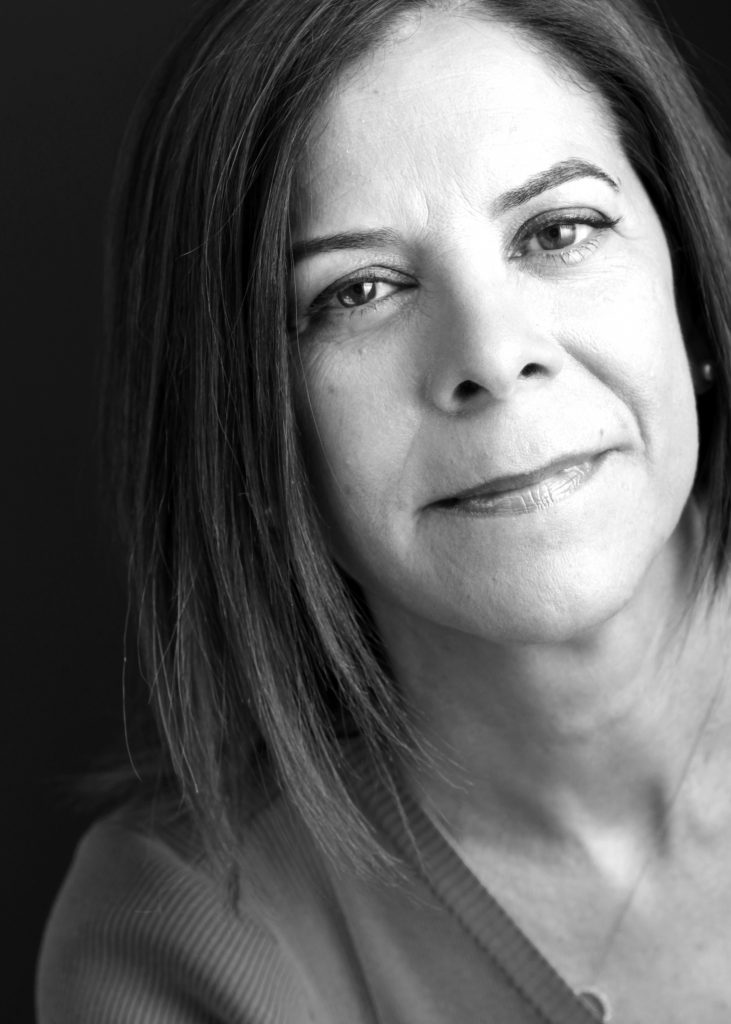
Désirée Zamorano is an award-winning short story writer and the author of the critically acclaimed novel The Amado Women. A frequent contributor to the LA Review of Books, her essays and short stories can be found at Cultural Weekly, Terrain, Huizache, and The Kenyon Review.
![[PANK]](https://pankmagazine.com/wp-content/themes/pank/assets/images/pank-logo-large.png)

